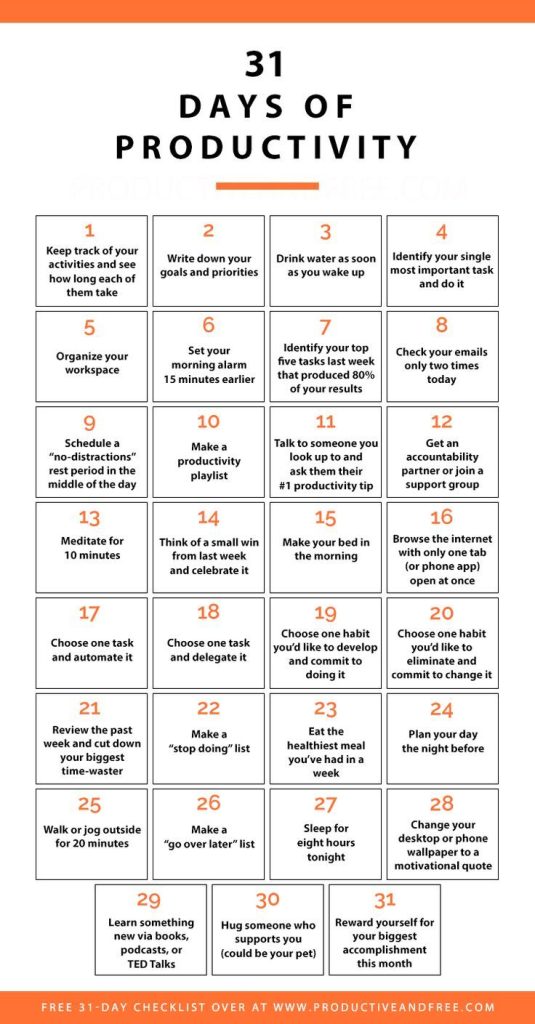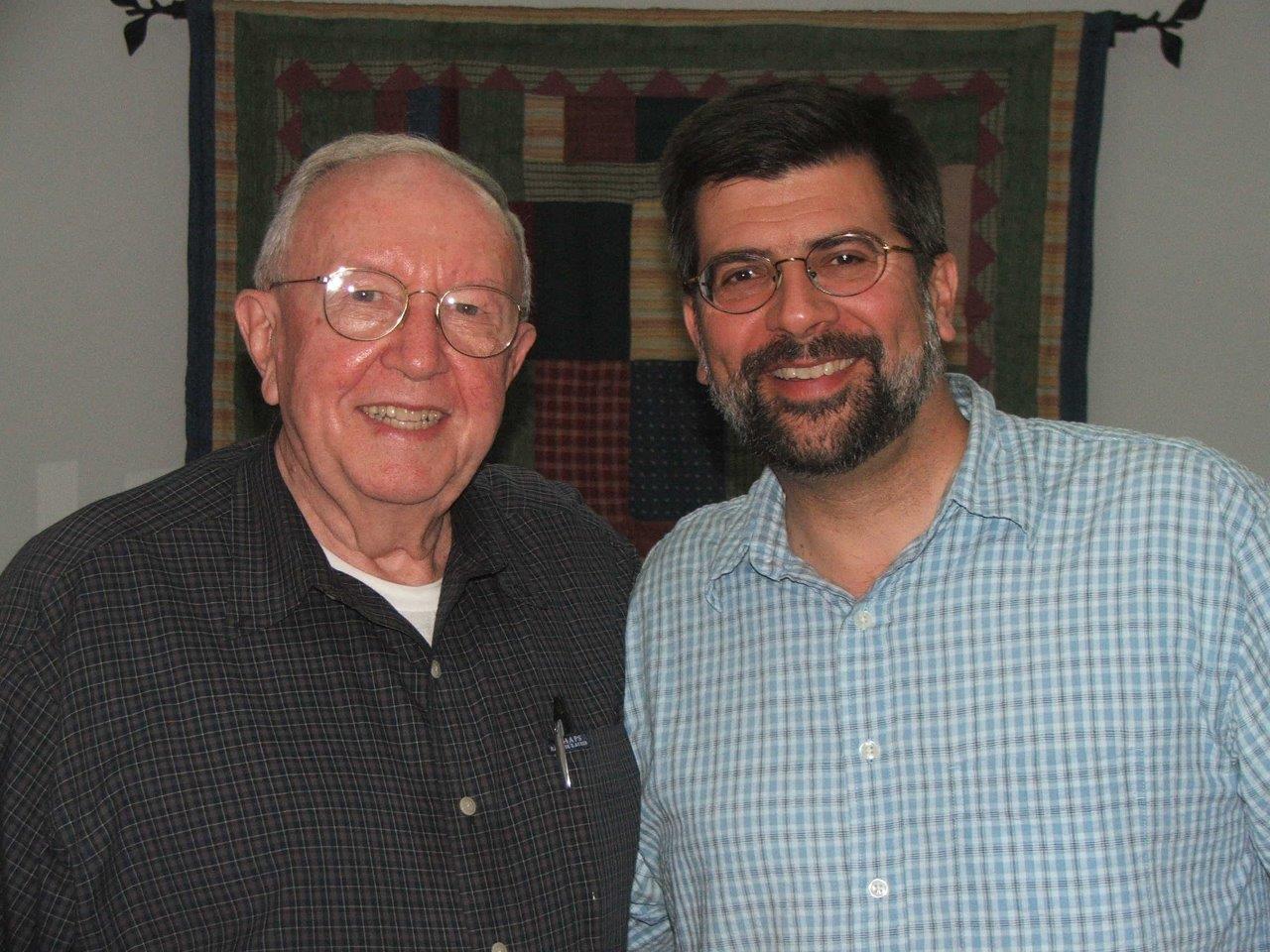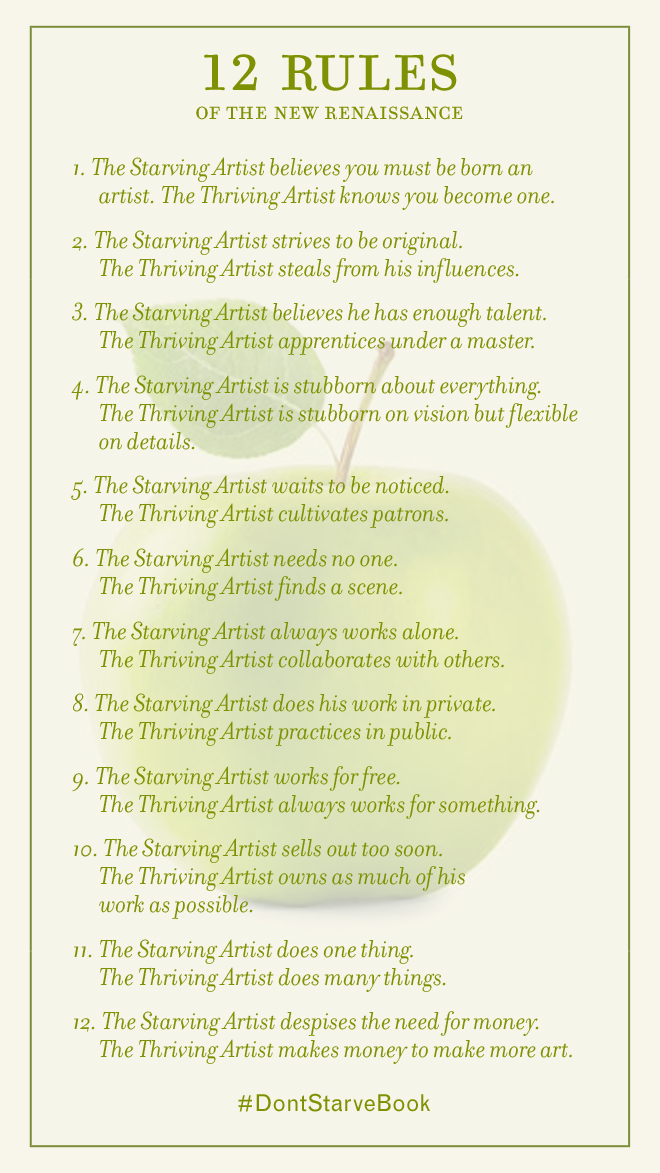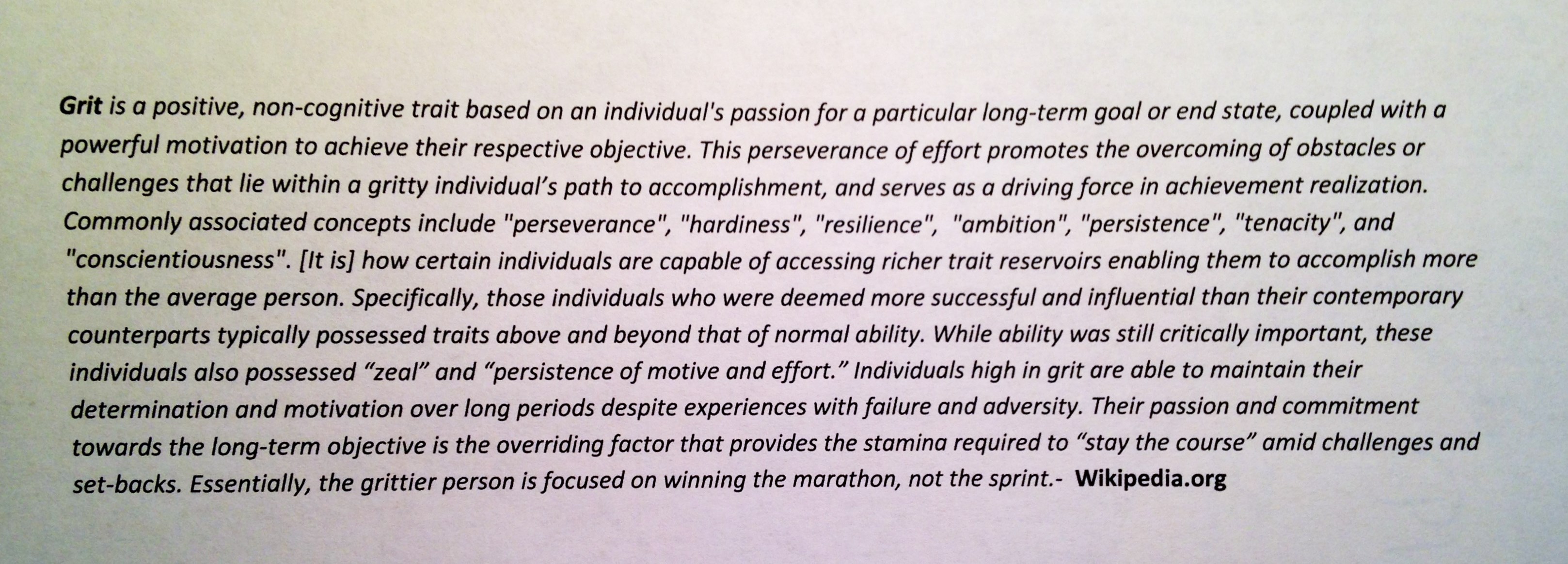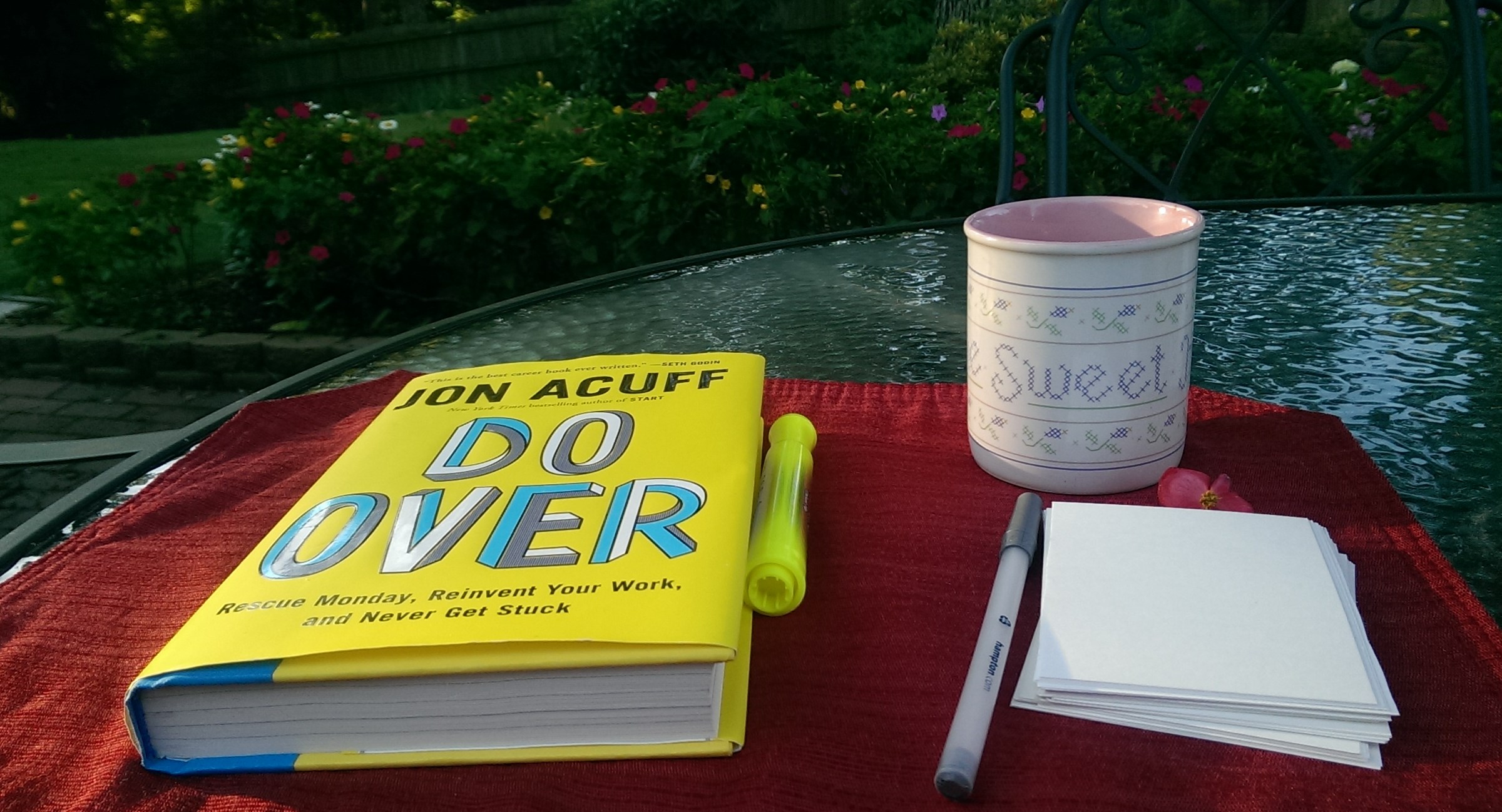
Productivity – it seems so elusive. Maybe not for you. You’ve figured it out. If success in productivity flows out of thinking about it, I’ve thought about it more than you can imagine…so many blogs on it.
Some years ago, Chris Bailey, a young productivity guru, came on my radar. He wrote this super practical guide 100 Time, Energy, and Attention Hacks to Be More Productive. It is organized in such a way that the reader can choose what parts of their day/life they want to change. He continues to write and podcast. You can find various videos with his coaching highlighted.
He helped me get jump-started, but I’m far from that focused productivity that could seriously change up my life. Still, I chip away at it. Why? To what end? The P’s below inspire me to keep at it. How about you?
1) Possibilities – Earlier today, I was walking with a friend of mine who is diving into the natural arts – gardening, canning, grinding wheat for bread, etc. I admire her and yet am overwhelmed by the effort she puts into her craft. Then she retorted, “Well, I’m not pouring into Afghan refugees.” Thanks for that. We may all have different goals, but the possibilities abound when we recapture the time, attention, and energy we need to meet and even surpass those goals. What would you love to accomplish…if only?
Monday Morning Moment – Notes on Chris Bailey’s Life of Productivity – Deb Mills
2) Practices – A favorite old proverb of ours goes like this: “Where no oxen are, the crib is clean: but much increase is by the strength of the ox.” (Proverbs 14:4). Canadian writer Tim Challies presents this proverb as a parable on productivity. That “much increase” can be enhanced by having the right tools (oxen, for instance). However, given the right tools, productivity can still be very messy. Hard to perfectly control, thus, cycling back, needing the best tools for the job. Sometimes those tools are people in our lives and workplace, and sometimes they are lists, schedules, apps, or right equipment.
It’s not working harder, and not even just working smarter, whatever that means. It’s the beautiful grind of habit formation. It’s the development of spiritual disciplines that become life-long practices. We are never too young to begin establishing such.
I make my bed every morning.
It’s a small thing but it lifts my heart. This is done and it’s beautiful.
Lately I have also begun going to bed with my phone out of reach. That means, on waking, it is still out of reach. My thoughts then are my own…not someone else’s I begin taking in, and 30 minutes later find myself still scrolling. Sheesh!
There are other practices I’m incorporating into my daily life…but for this moment, I leave you with the experts.

Series: How to Get Things Done – Tim Challies

3) Product – As you begin habit formation, such that you are able to redeem more time, more attention, and more energy, product then begins to be impacted. What is your product? Your goal? Are you beginning to see the weight loss, your writing becoming more thoughtful, your shelves filling with wholesome canned food, your personnel engaged, your work goals realized, your college degree on the horizon?

4) Purpose – What is the purpose for your going after your goals? If the habits you are forming are in conflict with other goals in your life, then you may need to reexamine your purpose. The “why” of your efforts. Are top performance and lifetime achievement the same or is there enough difference that you need to reevaluate? Something to consider on a regular basis. What is your purpose for all this? [See the Carey Nieuwhof podcast with Jon Acuff below – gold!]
5) People – Chris Bailey did an experiment earlier this year. He made the observation that smartphones are actually robbing us of productivity among other things (mental health, sleep, intimacy, focus…I could go on).
He decided to “come off” his smartphone (iPhone to be specific) for one month. After switching to a flip-phone, it took Chris a week to adjust to the under-stimulation of his device. Then something happened that forced him to ditch the experiment altogether before the month was over.
[5 Lessons that Chris Bailey Learned from Ditching His Smartphone for a Month – condensed version of Chris Bailey’s blog on the topic]
A cherished family member got cancer and was doing treatment updates via group iMessaging. Chris became aware that he was missing some of the messages and, in fact, his wife had begun answering for both of them. He family and friends simply began messaging solely with her, leaving him out of the circle altogether.
Being connected with people, in the way they were all accustomed, was disrupted. Face-to-face was consummately better, but he would take phone connection over no connection.
“…while modern communication methods are shallow, at the end of the day, the smartphone is how I am able to communicate with those I love in the modern world. And I love them. So I will continue to go where they are, to these lamely shallow apps that are no richer than a shadow, especially when compared to the vivid, textured reality of deep, joyous time with another human being, in real life. Maybe over coffee, maybe over drinks, maybe at a beach somewhere. Honestly, wherever—I don’t really care. As long as it’s in person.
At this point, we’re stuck with smartphones, especially considering how intertwined they are with how we communicate. Technology will continue to advance as smartphone innovation continues to plateau, and eventually, something else will take the smartphone’s place.
I look forward to this day, and hope that whatever replaces the phone doesn’t come with its own tradeoffs for our mental health and overall well-being.
The key, though, while the smartphone is with us, is to find ways to limit its downsides while making how we communicate richer. – Chris Bailey
The moral of this story: don’t leave your people in the dust in the pursuit of wild wonderful goals.
In becoming more productive, do we pour that gained time, attention, and energy back into the work, skillset, hobby, or recreation? Or do we pour it into people?
As I look again at habit formation and goal-setting with these 5 P’s in view, what my hope for center stage of life is “Love God…love people.“
“You shall love the Lord your God with all your heart and with all your soul and with all your strength and with all your mind, and your neighbor as yourself.” – Jesus, Luke 10:27
This is what inspires me to do the work of becoming more productive.
Monday Morning Moment – Focus – This Won’t Take Long – Deb Mills
50 Productivity Tips to Help You Finally Get Ahead – Infographic
